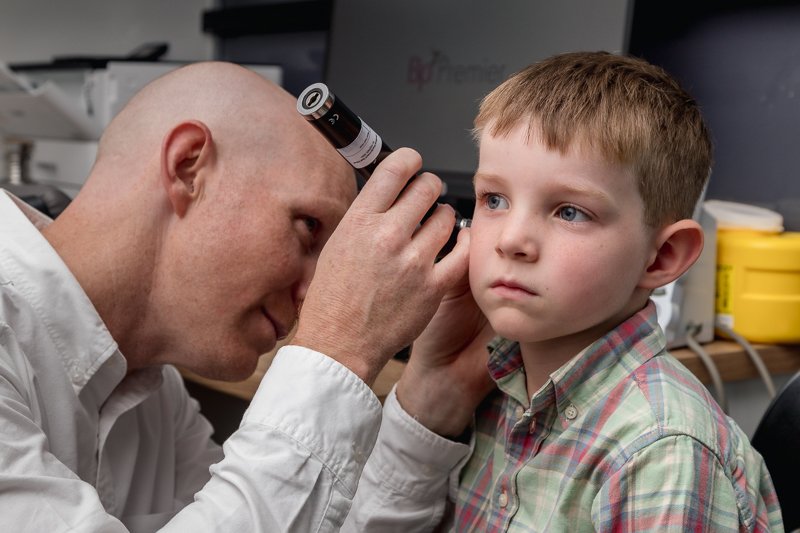Why do I need the flu vaccine?
The flu virus unlike the common cold can result in serious complications such as pneumonia, secondary infections and heart complications such as a heart attack.
According to statistics, the flu causes an average of 3,500 deaths, approximately 18,000 hospitalisations, and 300,000 GP consultations in Australia each year. Those who have a chronic disease have a 40 times increased risk of death from influenza.
To protect yourself against a flu infection, you need a flu vaccine. Flu vaccines cause your body to develop antibodies that will provide protection against influenza viruses during the upcoming flu season.
Who is at Risk?
While anyone can get influenza, people at higher risk of complications are:
The Elderly and the very young
People with weakened immune systems
People with existing health problems which including cardiac disease, respiratory disease, renal disease, diabetes, or compromised immune systems.
If in doubt, come and speak to your GP.
Who May Benefit from Getting the Vaccine?
Seasonal influenza vaccinations are available for anyone aged 6 months and over to protect against influenza, provided they do not have a medical reason that precludes them from receiving influenza vaccines.
People at higher risk of influenza complications are strongly recommended to have an annual influenza vaccination, and are eligible for a free government funded influenza vaccine
An influenza vaccination is also recommended for those who frequently come in close contact with other people at higher risk of influenza complications (such as health care workers and family members) to help protect vulnerable people from infection.
When Should I Get Vaccinated?
It takes about two weeks after vaccination for flu antibodies to develop, so the best time to get a flu vaccine is before flu season arrives to give your body a chance to build up immunity to the virus.
Can I Get the Flu from the Flu Vaccine?
No, you can't. Flu vaccines cannot cause influenza. The flu viruses in the vaccine have either been inactivated or purified so therefore are not infectious.
Who May be Eligible for the Free Vaccine?
The following groups are eligible to receive free government funded flu vaccinations:
pregnant women
children aged 6 months to less than 5 years
people 65 years and older
aboriginal people of all ages
people 6 months and older with medical conditions that put them at risk of severe flu, including:
- heart disease
- kidney disease
- chronic respiratory conditions
- chronic illnesses that required regular medical attention or hospitalisation in the previous year
- chronic neurological conditions
- impaired immunity
- children aged 6 months to 10 years receiving long-term aspirin therapy
Flu Prevention
Good health habits can help stop spreading viruses and prevent respiratory infections setting in. Here are several ways to avoid catching the flu:
Avoid close contact with sick people.
If you have the flu or its symptoms, stay home for at least a day or until the fever subsides.
Cover your mouth and nose with a tissue when sneezing or coughing, and dispose of the tissue properly.
Wash or disinfect your hands regularly.
Avoid touching your eyes, nose, mouth without sanitising your hands.
Disinfect surfaces that are frequently touched by people.
Quit Smoking.
Get enough sleep and exercise, and eat well.
To find out if you are in a high risk category for seasonal flu, speak to your doctor.
To date, annual vaccination is the single most effective way to protect yourself from the flu. Book your vaccination today.






